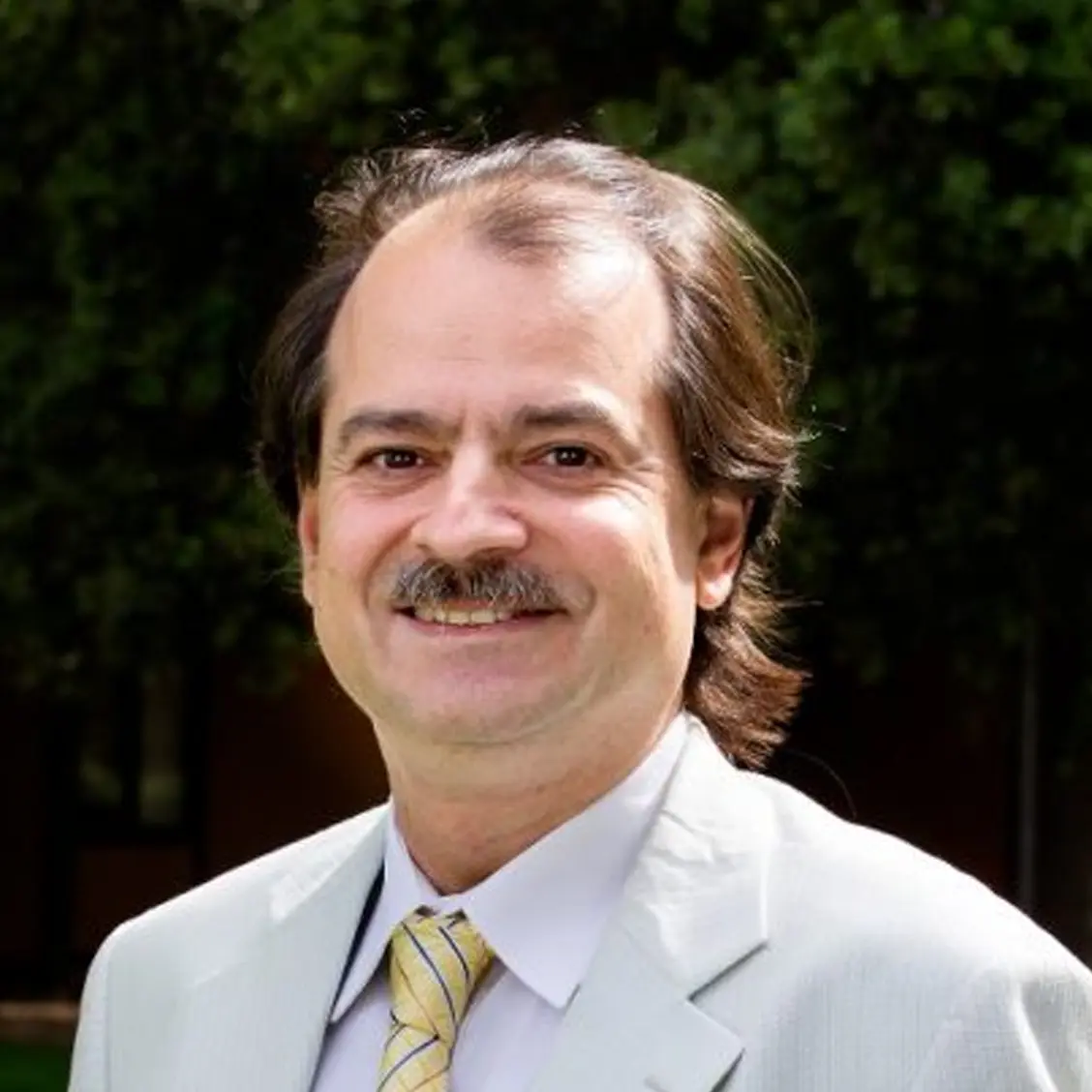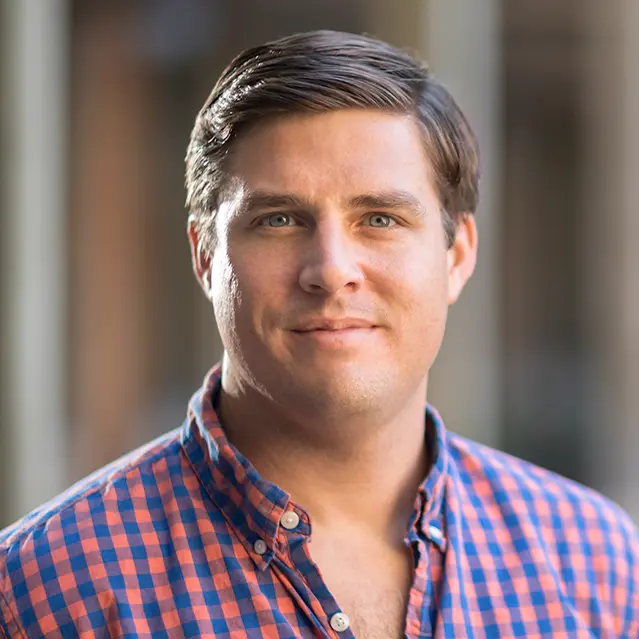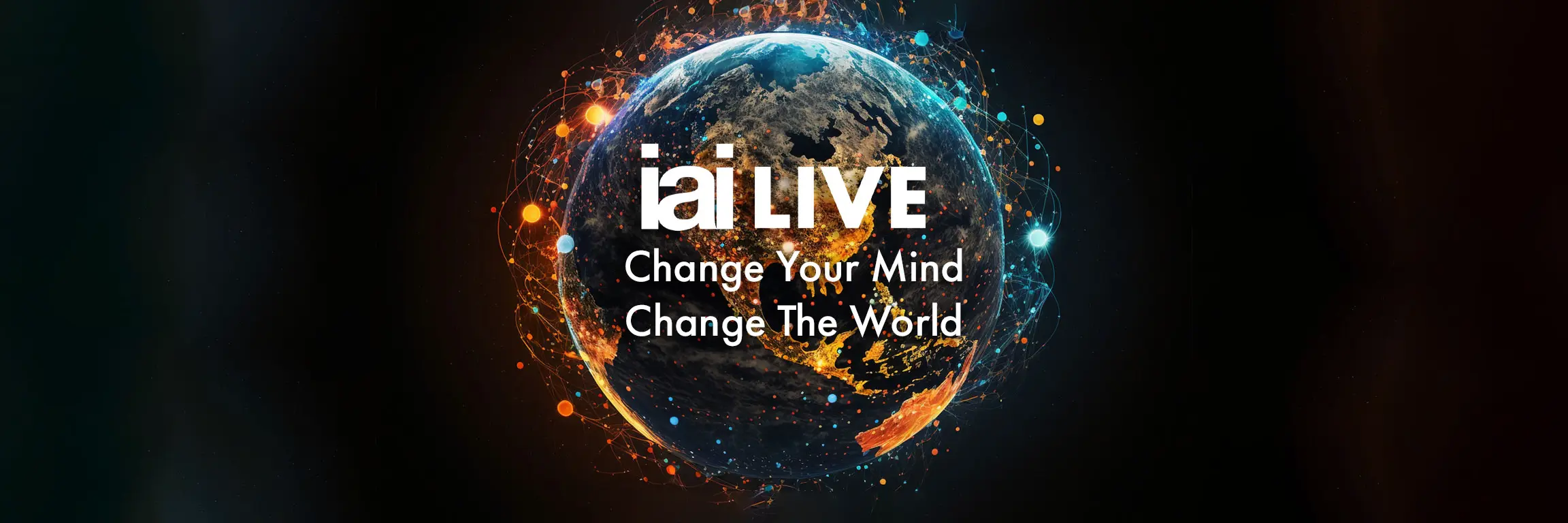Monday 3rd February - 06:00 PM GMT
Unmasking the Mind
Can we ever truly know ourselves?
“Psychology should be based on empirical evidence and scientific methods” claimed the founder of its modern form, cognitive psychology. Yet critics argue it's unknown whether psychology really has moved on from superstition lacking empirical support and scientific rigour. Nearly two-thirds of psychological studies aren’t replicable, while 90% of social psychology is based on self-report surveys. Moreover its replicability rate is often over 20% below those of the physical sciences, and many argue concepts like 'individual emotions', studied at length, are not universally applicable.
Should we accept that scientific principles will never be able to account for behaviour and experience that is fundamentally subjective, qualitative, and context-dependent? Or would giving up the idea that psychology is a science have profound consequences for society and ourselves? More radically, should we see psychology as functioning to serve cultural and political agendas, shaping norms rather than uncovering universal truths?
Big ideas in your inbox.
Updates from the world's greatest minds - plus offers and discounts.
Nick Brown
Forensic scholar
Nick Brown, a Cambridge-trained engineer, began studying psychology in his 50s and is known for debunking the "positivity ratio." His critiques have appeared in The Guardian, Science, and more.
John Ioannidis
Stanford professor and one of the world’s most-cited scientists, known for reshaping debates on evidence, bias and reproducibility. Co-directs Stanford’s METRICS and leads major efforts to improve research quality.
David Yeager
Acclaimed developmental psychologist
David Yeager, a UT Austin psychology professor, studies brief interventions that shape adolescent behavior. Featured in major media, he authored 10 to 25 and teaches the MasterClass The Power of Mindset.





